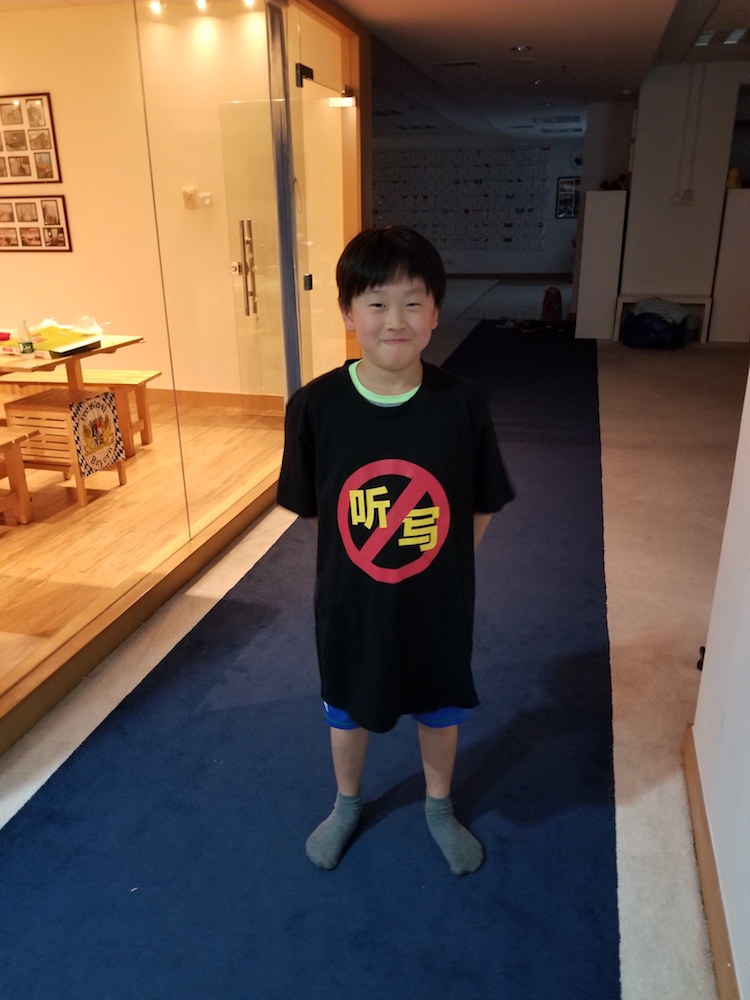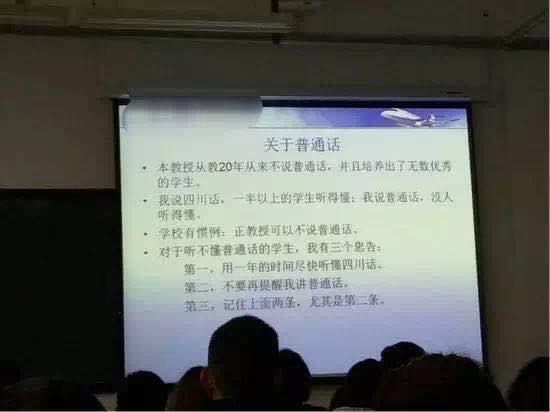Gender bending in the Sinosphere
Don Clarke has called to my attention a new bilingual, digraphic expression: “娘man结合”. That's "niáng man jiéhé ('woman man [the English word] combination')".
It’s a women’s fashion style that combines femininity in one part of the outfit with manliness in the other — like wearing a colored print dress with an army jacket. Supposedly, “man” is read in the first tone.
Don remarks:
This expression must have the authorities very distressed; not only does it contain foreign words spelled in letters, but it also has the disfavored style "niáng 娘" ("mother; woman; mum; ma; a woman; young girl / woman; young lady; a form of address for an elderly married woman; effeminate [coll.]") . No less than the Xinhua News Agency recently inveighed against the sissified “娘炮”之风 (basically, the Korean boy-band look) as unmanly.
Here’s an account of the controversy (in Chinese).
Read the rest of this entry »


